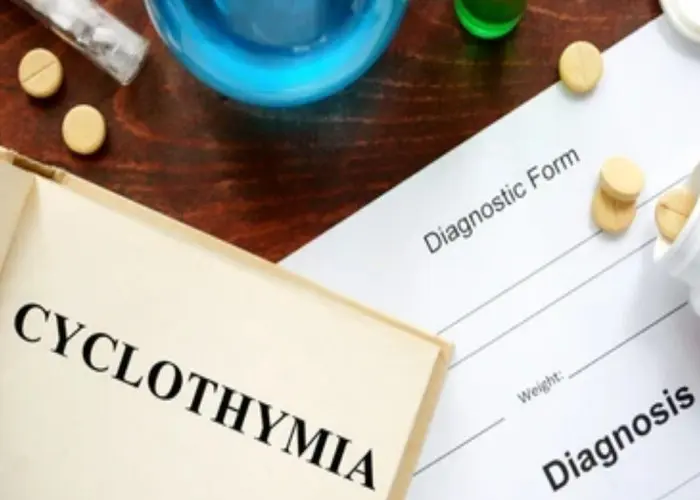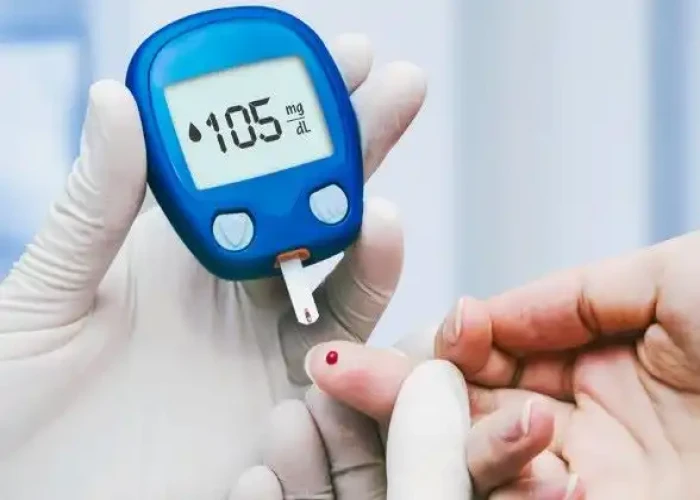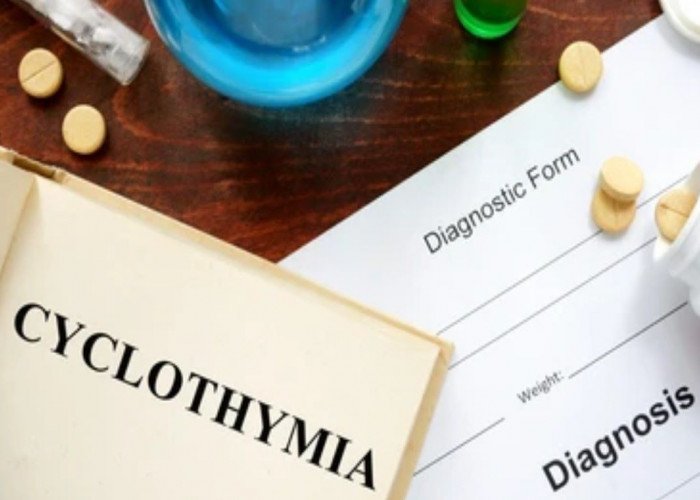 Welcome
Welcome
“May all be happy, may all be healed, may all be at peace and may no one ever suffer."
Cyclothymia (Cyclothymic Disorder)

Cyclothymia, also known as a cyclothymic disorder, is a type of mood disorder that involves chronic, fluctuating mood swings. Individuals with cyclothymia experience frequent periods of hypomania (elevated or irritable mood) and mild depression, but the symptoms do not meet the diagnostic criteria for bipolar disorder or major depression.
Symptoms of hypomania in cyclothymia can include elevated mood, increased energy, decreased need for sleep, racing thoughts, increased talkativeness, and risky or impulsive behavior. Symptoms of mild depression can include sadness, fatigue, low energy, difficulty sleeping, decreased interest in activities, and feelings of hopelessness or worthlessness.
The exact cause of cyclothymia is not fully understood, but it is thought to involve a combination of genetic, environmental, and biological factors. Treatment for cyclothymia may involve a combination of medication and psychotherapy, such as mood stabilizers or antidepressants and cognitive-behavioral therapy.
Complications of cyclothymia can include worsening of symptoms over time, increased risk for developing bipolar disorder or major depression, and impairment in social or occupational functioning. It is important for individuals with cyclothymia to work closely with their healthcare provider to manage their condition and prevent complications.
Research Papers
Disease Signs and Symptoms
- Talk too much
- Attempts to suicide
- Difficulty concentrating
- Fatigue (Tiredness)
- Irritability
- Feelings of sadness, tearfulness, emptiness or hopelessness
- Hopeless
- Decreased ability to think or concentrate, or indecisiveness
- Lack of sleep (Sleep apnea)
- Excessive physical activity
- Anxiety, agitation or restlessness
- An exaggerated feeling of happiness or well-being (euphoria)
Disease Causes
Cyclothymia (cyclothymic disorder)
It's not known specifically what causes cyclothymia. As with many mental health disorders, research shows that it may result from a combination of:
- Genetics, as cyclothymia tends to run in families
- Differences in the way the brain works, such as changes in the brain's neurobiology
- Environmental issues, such as traumatic experiences or prolonged periods of stress
Disease Prevents
Cyclothymia (cyclothymic disorder)
There's no sure way to prevent cyclothymia. However, treatment at the earliest indication of a mental health disorder can help prevent cyclothymia from worsening. Long-term preventive treatment also can help prevent minor symptoms from becoming full-blown episodes of hypomania, mania or major depression.
Disease Treatments
Cyclothymia requires lifelong treatment — even during periods when you feel better — usually guided by a mental health provider skilled in treating the condition. To treat cyclothymia, your doctor or mental health provider works with you to:
- Decrease your risk of bipolar I or II disorder, because cyclothymia carries a high risk of developing into bipolar disorder
- Reduce the frequency and severity of your symptoms, allowing you to live a more balanced and enjoyable life
- Prevent a relapse of symptoms, through continued treatment during periods of remission (maintenance treatment)
- Treat alcohol or other substance use problems, since they can worsen cyclothymia symptoms
The main treatments for cyclothymia are medications and psychotherapy.
Medications
No medications are approved by the Food and Drug Administration specifically for cyclothymia, but your doctor may prescribe medications used to treat bipolar disorder. These medications may help control cyclothymia symptoms and prevent periods of hypomanic and depressive symptoms.
Psychotherapy
Psychotherapy, also called psychological counseling or talk therapy, is a vital part of cyclothymia treatment and can be provided in individual, family or group settings. Several types of therapy may be helpful, such as:
- Cognitive behavioral therapy (CBT). A common treatment for cyclothymia, CBT focuses on identifying unhealthy, negative beliefs and behaviors and replacing them with healthy, positive ones. CBT can help identify what triggers your symptoms. You also learn effective strategies to manage stress and cope with upsetting situations.
- Interpersonal and social rhythm therapy (IPSRT). IPSRT focuses on the stabilization of daily rhythms, such as sleeping, waking and mealtimes. A consistent routine allows for better mood management. People with mood disorders may benefit from establishing a daily routine for sleep, meals and exercise.
- Other therapies. Other therapies have been studied with some evidence of success. Ask your doctor if any other options may be appropriate for you.
Disease Diagnoses
Disease Allopathic Generics
Disease Ayurvedic Generics
Disease Homeopathic Generics
Disease yoga
Cyclothymia (Cyclothymic Disorder) and Learn More about Diseases

Stomach pain

Rosacea

Type 1 diabetes in children

Type 1 diabetes

Vascular dementia

Polyhydramnios

Turner syndrome

Type 2 diabetes
Cyclothymia, Cyclothymic disorder, Cyclothymia symptoms, সাইক্লোথিমিয়া, সাইক্লোথিমিক ডিসঅর্ডার
To be happy, beautiful, healthy, wealthy, hale and long-lived stay with DM3S.
